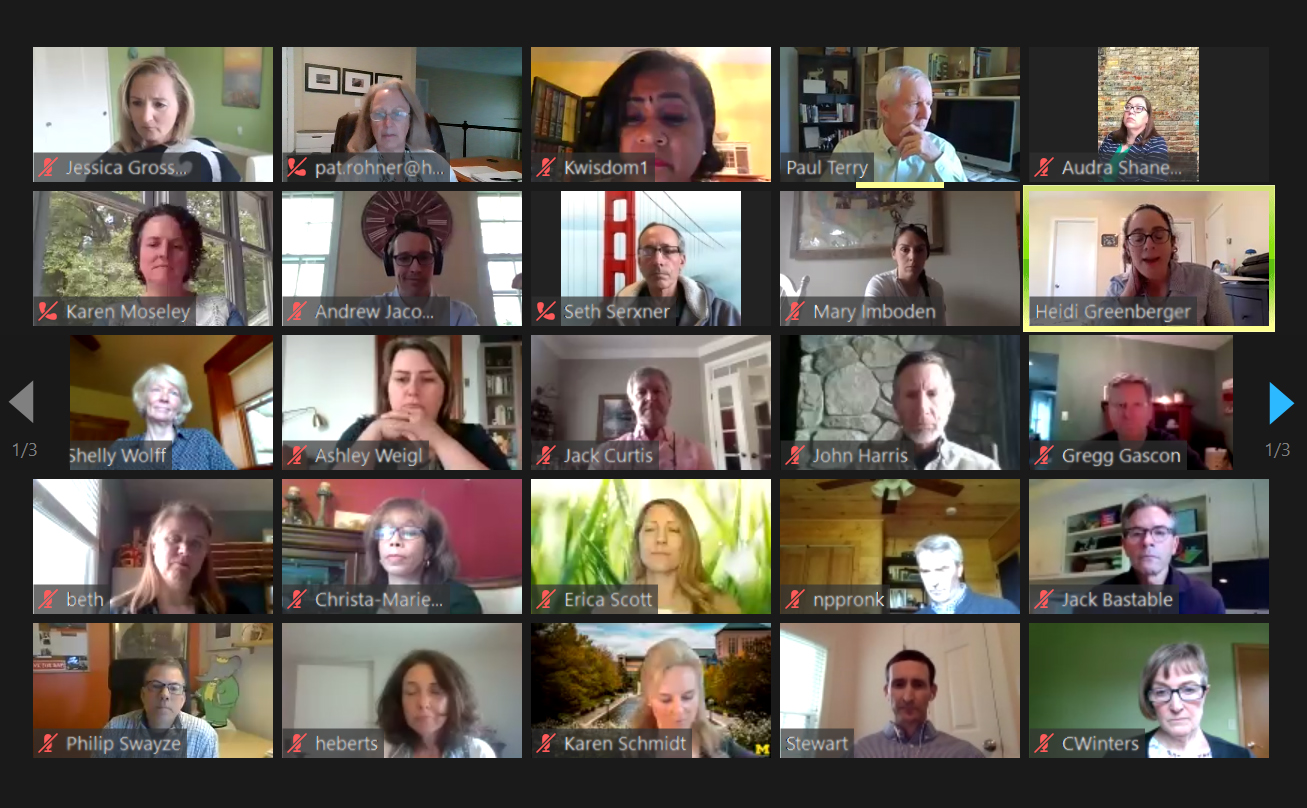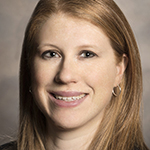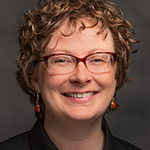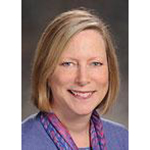Social Connections and The New Workplace: Leveraging Technology to Build Meaningful Social Connections & Community
A free members-only eventSeptember 10, 2020
A Virtual Members Only Event
1:00 – 4:00 PM Central Time

There has been an increasing trend towards remote work over the past five years and the COVID-19 pandemic accelerated the shift for many organizations. Based on historical trends, researchers at Global Workplace Analytics estimates that 25-30% of the workforce will be working remotely multiple days a week by the end of 2021. While many employees say they want to work from home at least some of the time, employers need to consider the human capital and business implications related to social isolation and loneliness. A PwC survey of workers reports a doubling of the workers who said that feeling isolated or lonely was impacting their well-being compared to responses pre-COVID. It’s likely many organizations will continue to support remote work arrangements for the foreseeable future, and we may also see increases in anxiety, depression, loneliness, and substance abuse according to a recent commentary in JAMA Internal Medicine.
Our Fall 2019 Think Tank addressed the topic of social connection and loneliness, acknowledging the important role of social connection and work relationships for employee well-being. The Center for Positive Organizations has been studying the business importance of high-quality social connections, linking them with greater levels of psychological safety and trust, accelerated learning from failure, and improved organizational processes. Many organizations leveraged technology to increase worker connectivity when non-essential workers were suddenly moved to work-from-home arrangements, but found it contributed to work-from-home burnout.
Previous Think Tanks have also introduced the need to incorporate strategies that welcome and engage hard-to-reach workers by collaborating with professionals that focus on diversity, equity, and inclusion. Never before have we been so aware of the critical need to ensure our initiatives promote health and well-being for all, and we must consider how the use of technology can support or hinder our efforts to promote social connection and inclusion within the context of health and well-being initiatives.
With remote work arrangements likely to continue for a significant proportion of workers into the future, how do we strike the right balance?
Our focus for Fall Think Tank is on leveraging technology to support meaningful, high quality social connections and to maintain or build team cohesion and community.
 Kristy A. Lowther, MSW, Deputy Chair, Diversity & Inclusion (D&I), RTI International
Kristy A. Lowther, MSW, Deputy Chair, Diversity & Inclusion (D&I), RTI International
Kristy brings a diverse background in business, psychology, social work, organizational behavior, and project management to her role as deputy chair for RTI International’s Diversity and Inclusion program. She provides strategic oversight, budgetary input, interpersonal guidance, and general support to roughly 50 D&I leaders.
 Amy L. Morrow, PhD, D&I Learning and Development Lead, RTI International
Amy L. Morrow, PhD, D&I Learning and Development Lead, RTI International
Amy is a senior editor/writer, learning and development lead on RTI’s D&I Council, and co-chair of RTI Pride: LGBTQ+ ERG. Leveraging her experience as a language professional and facilitator, she champions the use of gender-friendly language at all levels, coaches speakers involved in the D&I Initiative’s storytelling events, and trains trainers to deliver D&I-related staff trainings.
 Megan A. Lewis, MA, PhD, Senior Program Director, RTI International
Megan A. Lewis, MA, PhD, Senior Program Director, RTI International
Megan is senior director of the Patient and Family Engagement Research Program in the Center for Communication Science. Her passion is to make a difference by applying all the tools, insights, theories, and methods from social, behavioral, and communication science to drive innovation and inclusion. Innovation is at the core of her work, which is reflected in having over 100 publications that span multiple disciplines and health foci.
 Michelle Railton, MMH, Health & Performance Innovation Manager, Google
Michelle Railton, MMH, Health & Performance Innovation Manager, Google
At Google, Michelle leads partnerships and processes to help global employees move more, unwind and connect. She holds a Master of Management in Hospitality degree from Cornell University and has worked as a global workplace well-being programs manager, international consultant, dean of education, wellness instructor and massage therapist.
 Charles Vogl, MDiv, Author, Speaker, Executive Advisor, The Vogl Group
Charles Vogl, MDiv, Author, Speaker, Executive Advisor, The Vogl Group
Charles is an executive consultant and award-winning author. He works with leaders in technology, finance, media, government and social change organizations to make them more effective in creating change. He draws from the realm of spiritual traditions to understand how individuals build loyalty, strengthen identification within a community, and motivate actions consistent with group values.
